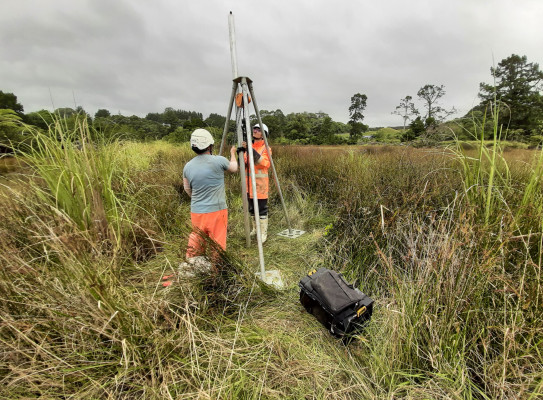
Joe Prebble Operations Manager - Surface Geosciences
View BioJoe’s research activities include drivers and expression of past climate change recorded in Antarctic and Southern Ocean, and New Zealand lake sediments, and organic sedimentation and palynofacies of near shore and deep ocean depositional settings. As Manager of the Surface Geosciences Department, he leads groundwater, environmental change, carbon cycle, land stability, and geological mapping research areas. These researchers work alongside key stakeholders to help New Zealanders adapt to climate change, mitigate emissions, improve freshwater security, and manage the risks of living in our dynamic landscapes. An experienced research and people leader, Joe is passionate about developing and supporting teams that deliver needed research for New Zealand.
Contact Me